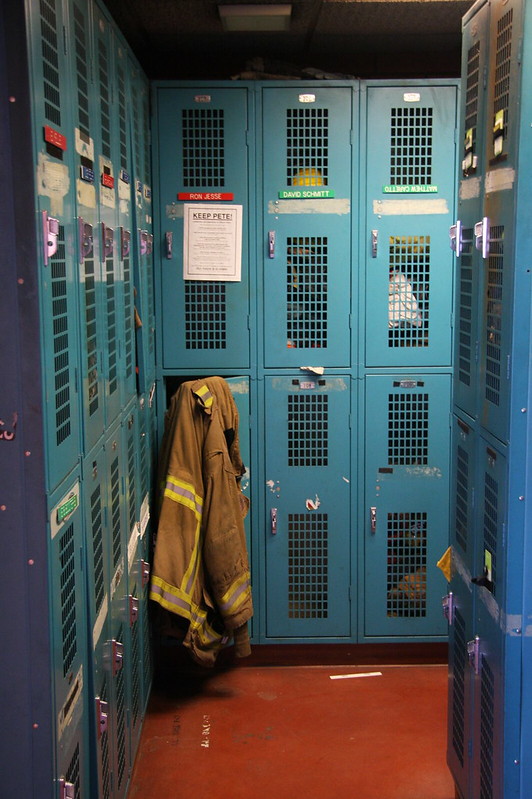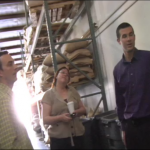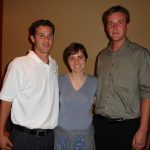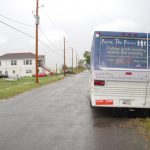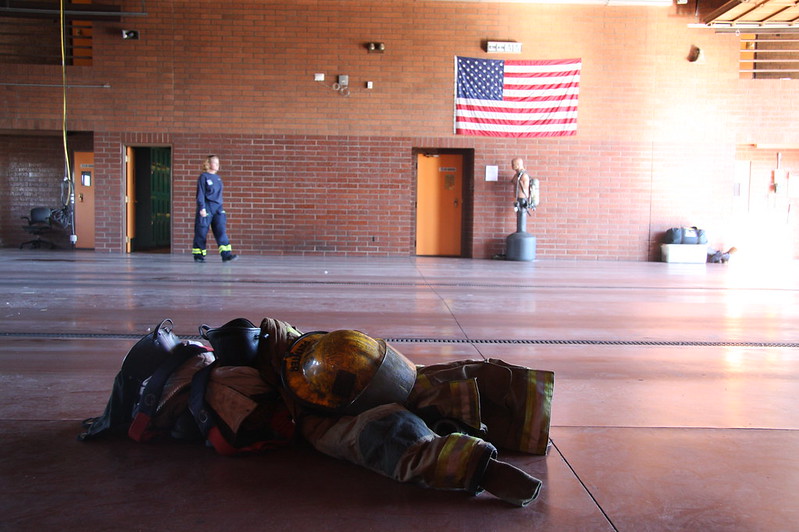
Interview: How To Become a Firefighter Battalion Chief
I’m a Battalion Chief with the Phoenix Fire Department.
In the City of Phoenix we have about 1700 sworn personnel. 57 fire stations. We work a shift of 24 hours on and 48 hours off. So on any given day you’ll have about 421 firefighters working. Out of that 421, what we do is break it into battalions.
We have 9 battalions to break up 421. My battalion has seven stations. About sixty personnel, and twelve captains that report to me.
As battalion chiefs, what we do is manage a lot of the personnel. We do the training for the battalion. And we respond on the major incidents in our first due area in our battalion. If there are some other major incidents going on in the city, we’ll also respond to those calls.
Major incidents structure fires, house fires, major hazardous materials calls, major medical calls. Multiple shootings, large car wrecks, and things with multiple patients. What we do is we respond on those calls, and as myself or my assistant is fit, we get there and we take command of the major incident. We run the whole incident from our vehicle and setting up the entire incident with what our plan is going to be. We manage all the companies that are on the scene.
We don’t actually get into firefighting anymore when you’re on the battalion ring. But you’re basically a manager of that scene for safety of our personnel.
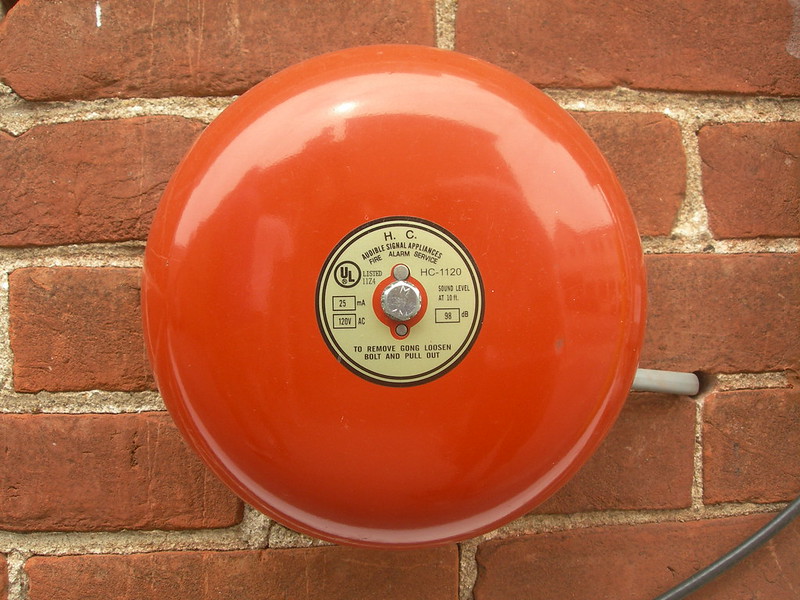
How Long Does It Take To Become a Firefighter
I have been with Phoenix for 22 ½ years. I started off as a firefighter in ’76. I was a firefighter until 1991 when I was promoted to engineer. Engineers drive the fire trucks. They control the pump panels on the engines that control the hose lines and the pressures and things like that. In 1997 I was promoted to captain. Each truck has a captain, an engineer, and firefighters. A captain is responsible for four to five people on his particular truck.
I was a captain on an engine from 1997 to last year when I was promoted to Battalion Chief. Ten years I was a captain. I had a spot on an engine. I basically worked right along with the guys and the crews. It was lots of fun.
Basically, all we do is go on the major incidents.
85% of the calls they go on are medical reasons. Shootings, stabbings, car wrecks, heart attacks, anything you can think of.
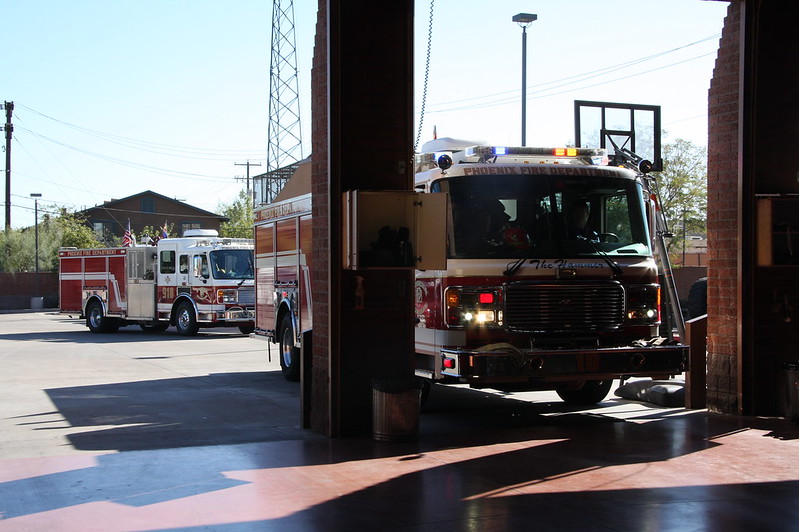
I’ve worked at some really good fire stations with some really good personnel. The people that work here are highly motivated and highly trained. We like to have fun. We live in our stations for 24 hours at a time. We’ll come in and everyone will check out their equipment and make sure it’s in working order. We’ll go work out and play basketball and lift weights. One company will shop because we cook meals here. We do lunch and dinner here.
Our days are pretty full of activity. It’s literally like a family when you live and work here.
I have had no problems with me being a woman in a supervisory role. It all depends on your work ethic and how hard you’re willing to work. People respect that. If you’re willing to train hard, it doesn’t matter whether you’re a man or woman. You’ll have no problems.
We go through some tough calls. We go through some easy calls. And we go through some funny calls.
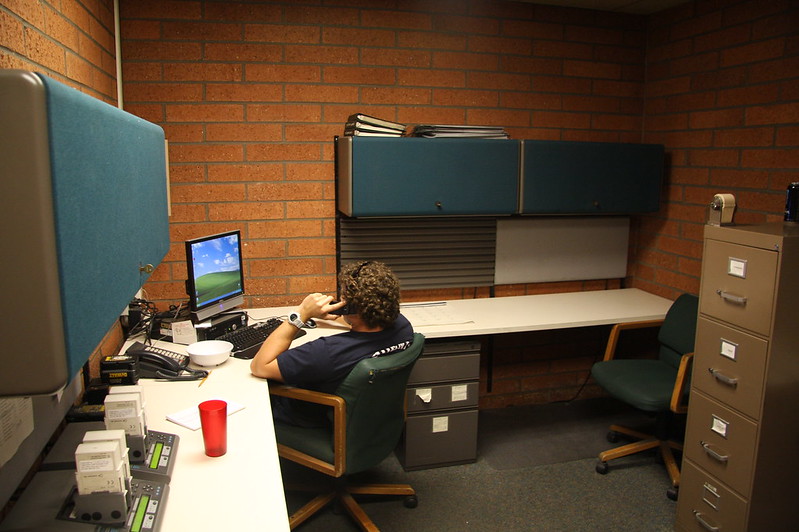
What I love about this job is that we go to somebody’s home or get involved with a car wreck, whatever it was, and we’ve come across this person on what is probably the worst day of their lives. Because when we show up, there’s something bad happening. Whether it’s a fire, medical, whatever it is. We don’t cause what happened to them. But we have the ability to make their day just a little bit better. To help them out in some little way to make that worst day of their life a little bit better. And it makes you feel good. It makes you feel good that you get to go out and help people when they’re not having a good day at all. If their house just burned down and they’re standing outside looking at what’s left of their home, you actually can make a difference in their day, and make it a little bit better on the worst day of their life. That’s what I really like about working with the fire department and working with the guys that I work with.
It is a family atmosphere. We support each other when we go on those really bad calls that either involve children or something really dramatic. We help each other work through it. We’ll talk about it and get through it. In addition to helping civilians in the streets, we actually work on helping each other too.
Being a firefighter is something that you have to love to do. We don’t leave. We don’t do this for a couple years and then decide that it’s not for us and then go do something else. It’s such a great job. On a daily basis you get to help people and make their day a little bit better. The family atmosphere, we spend 24 hours together. We eat and sleep and go on calls with these guys. It’s just a camaraderie feeling. It’s something that you just grow to love and you don’t want to leave. You love coming to work.
It’s just what we do every day. We’re running into burning buildings when everyone else is running out. That’s what we do. Matter of a fact, that’s what we love to do. So calling us heroes for doing what we love to do just doesn’t seem to make sense to us. We do it every day. That’s what we love to do.
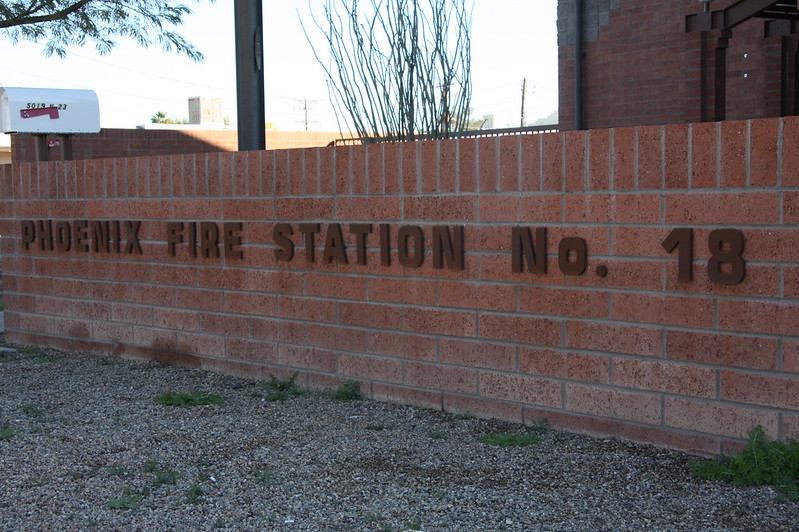
I think coming to the station and being in the atmosphere of what we have here in working with highly motivated like minded people, and go out on calls to make a difference in someone’s life. And then, we get to have fun while we’re doing it. Not that we make fun of what we do, but when we’re here in our home for 24 hours, we have a good time. We enjoy each other’s company. We go out and train together. We got out and we work together. We work out together. You look forward to coming to work.
Even on a day when you go on some bad calls, if you have some of those calls, it’s almost better to come back here and sit around and talk about it with people who understand what it is that you’re going through than going home and talking to your husband or wife. They don’t understand what it means to go on a call like that. It’s just comforting to be here with this group of people and work through some tough calls.
We have a ping pong table. We have weights. We spend 24 hours here. So we find things to fill that time with. It’s quite an ordeal to cook a meal at this station. We have a guy who cooks some really good meals here. Last shift we had some apricot chicken with some green beans and almonds. Meal time is pretty important here at a fire station, so we go all out on our meals.
